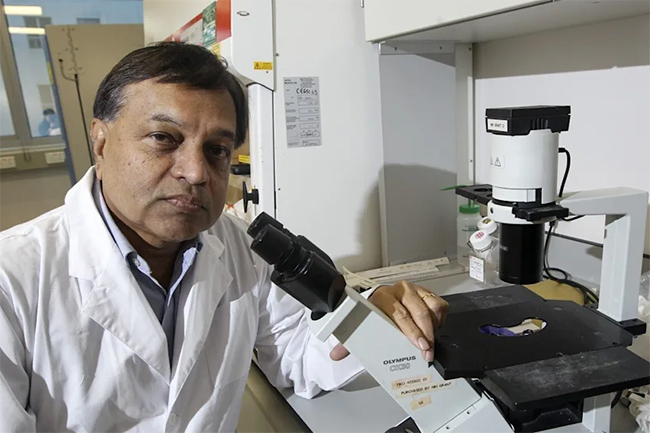Prof. Malik Peiris explains scientific basis behind 14-day lockdown
May 22, 2021 08:24 pm
Short term travel restrictions have little to no effect in arresting the spread of COVID-19, says Prof. Malik Peiris of School of Public Health at the University of Hong Kong.
Prof. Peiris, who joined a virtual round of discussion, explained the scientific basis behind the need to impose 14-day travel restrictions.
Interprovincial travel restrictions cannot curb the spread of the virus at this point as there are coronavirus-infected people in all regions across the country, Prof. Peiris said, adding that these constraints could have had an effect if they were imposed in mid-April.
Speaking on COVID-19 transmission, Prof. Peiris noted that the infectivity of an individual is around 5-7 days. Hence, a person can still be a carrier of novel coronavirus after a period of three-day travel restriction, he added.
Prof. Peiris explained that the incubation period of COVID-19 – the time between exposure to the virus and symptom onset – is approximately 5 days. “If an individual contracts the virus and infects others at his or her household, it will take at least 5 days for the family members to start showing symptoms, hence they should be quarantined for at least 12-14 days in order to make them non-carriers of the virus.”
This is why a three-day lockdown does not have much effect on curbing the spread of the virus, Prof. Peiris pointed out.














